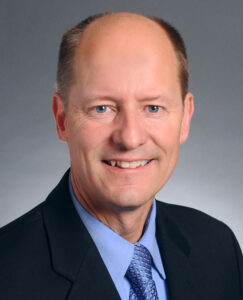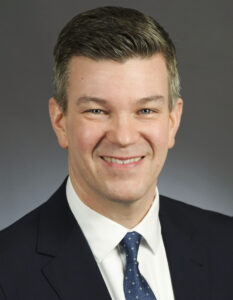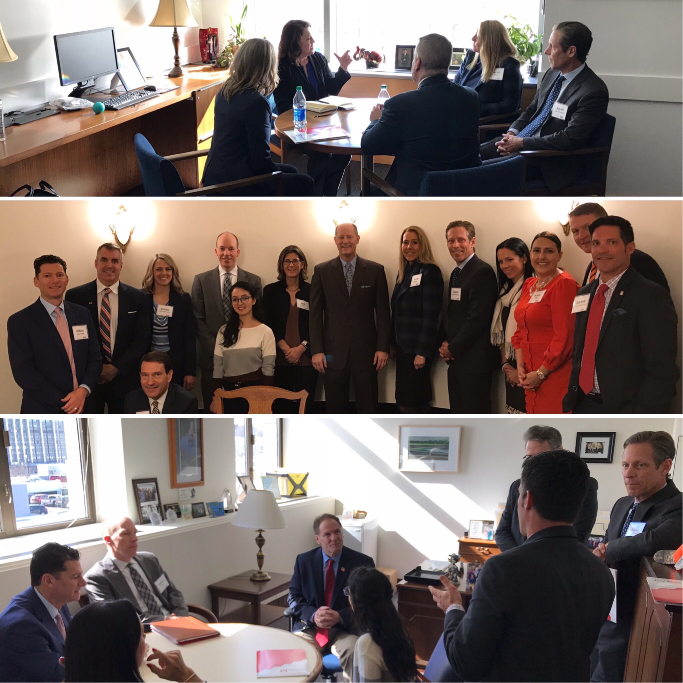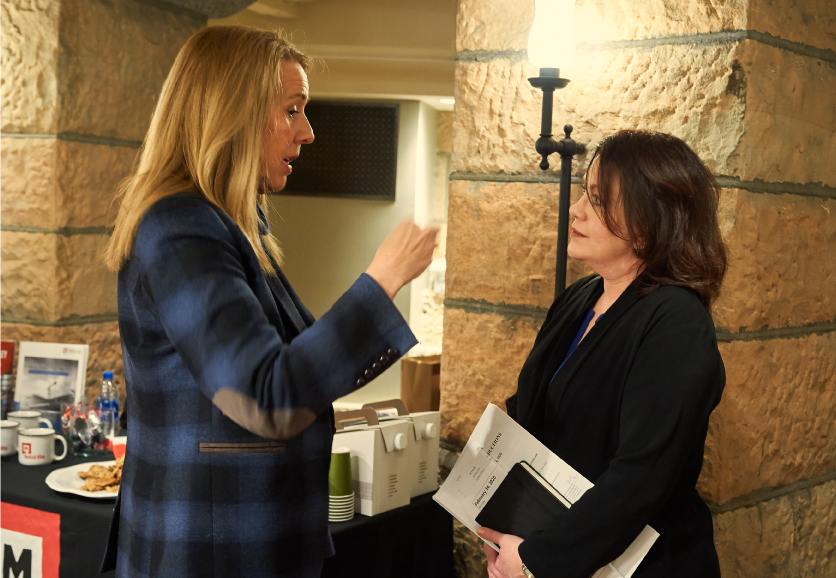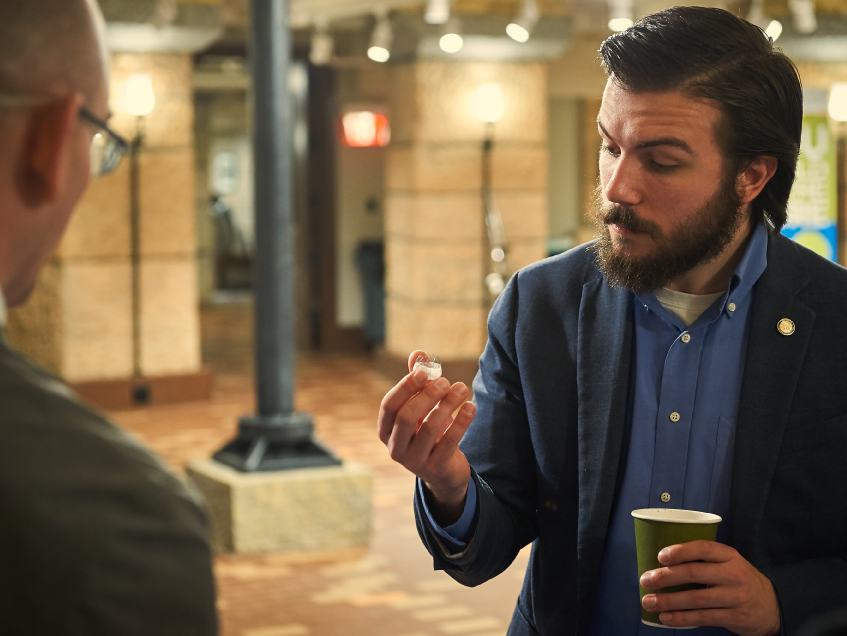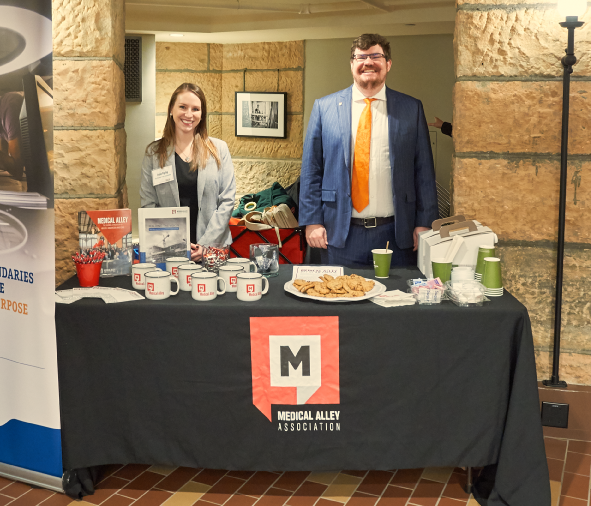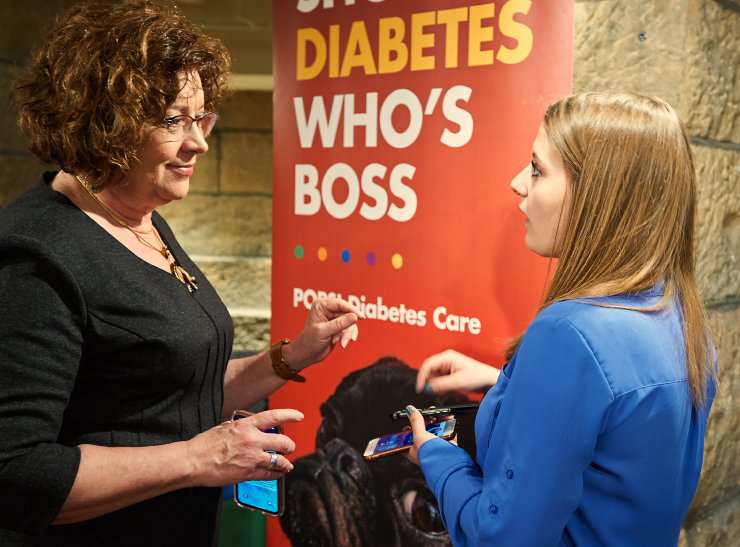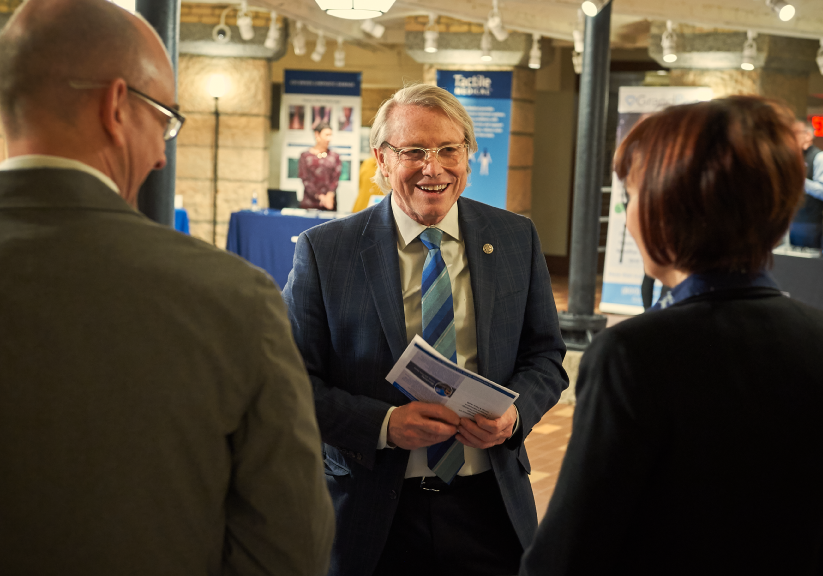When Minnesota’s legislative session opened on February 11, legislators had plans for a robust bonding bill that addressed infrastructural needs, advanced elements of each party’s vision for the state, and made use – in one way or another – of the state’s $1.5 billion surplus. Little more than a month later, the reality of the COVID-19 pandemic set in and legislators were forced to focus on addressing the crisis at hand.
Legislators cannot pass any bills on the last day of the two-year budget cycle, so they needed to vote on any remaining legislation they wanted to accomplish by May 17 at midnight. However, Minnesota lawmakers failed to reach an agreement on several big issues:
- Bonding bill
- Economic aid and tax relief during the pandemic
- Legislative oversight over federal coronavirus funding
- State employee contracts
Neither chamber could gather the three-fifths vote needed to pass the bonding bill. The $2 billion House DFL bonding bill was defeated on Saturday. House Republicans disagreed with the House Democrats’ $2 billion proposal, arguing it was too large given the state’s current economic outlook. House Minority Leader Daudt stated the minority caucus would not pass a bonding bill unless the governor ended his emergency powers.
The $1 billion Senate GOP bonding bill also fell a few votes short on Sunday. Senate Democrats contended the bill was not politically balanced.
Throughout the 2020 State Legislative Session we advocated for three capital improvement projects: Rochester International Airport, highway 610 in Maple Grove, and a clinical research facility at the University of Minnesota. We communicated our support for these projects to all members of the Capital Investment Committee. All three projects made it into the House bonding bill; the Rochester Airport and Maple Grove highway project made it into the Senate bill.
In the last few days of session, big-ticket items are usually tied into final bonding negotiations. So, when the bonding bill failed, so did the economic recovery and tax bills. During the legislative session, the Medical Alley Association testified in support of tax policy that would aid in economic recovery during the COVID-19 pandemic. We advocated for the Angel Tax Credit Program, making the first tier of the R&D Credit refundable, fully conforming to federal equipment expensing, and delaying tax payments.
Through all of this, guided by the blueprint laid out in Realizing the Vision, we advocated on behalf of the health innovation and care community.
During the 2020 regular session, we highlighted the work our members do to help patients locally and globally. We brought our members into the state house for Medical Alley Day at the Capitol so they could share their stories with legislators. A month later, we designed a Medical Alley hearing in Senate Health and Human Services committee to take legislators through the process of health innovation. Now, we continue to share the work they are doing to fight and solve COVID-19.
Last week, Governor Tim Walz extended his emergency powers for another 30 days. If he extends them again on June 12, the Legislature will automatically be called back into session. We expect this will happen.
In the weeks leading up to a likely special session, the Medical Alley Association will continue to encourage capital investment projects that strengthen this region and tax relief that supports businesses. We will advocate for a health system that works for everyone and an ecosystem that will drive the transformation of healthcare.
Session Recap Town Hall with Senate Majority Leader Gazelka and House Majority Leader Winkler
Join us for a Session Recap Town Hall with Senate Majority Leader Gazelka and House Majority Leader Winkler Thursday, May 21 at 2:30pm.
The leaders will outline accomplishments and shortfalls of the 2020 legislative session. We will discuss the policy implications of 2020 for our members and provide an opportunity for Q & A.
